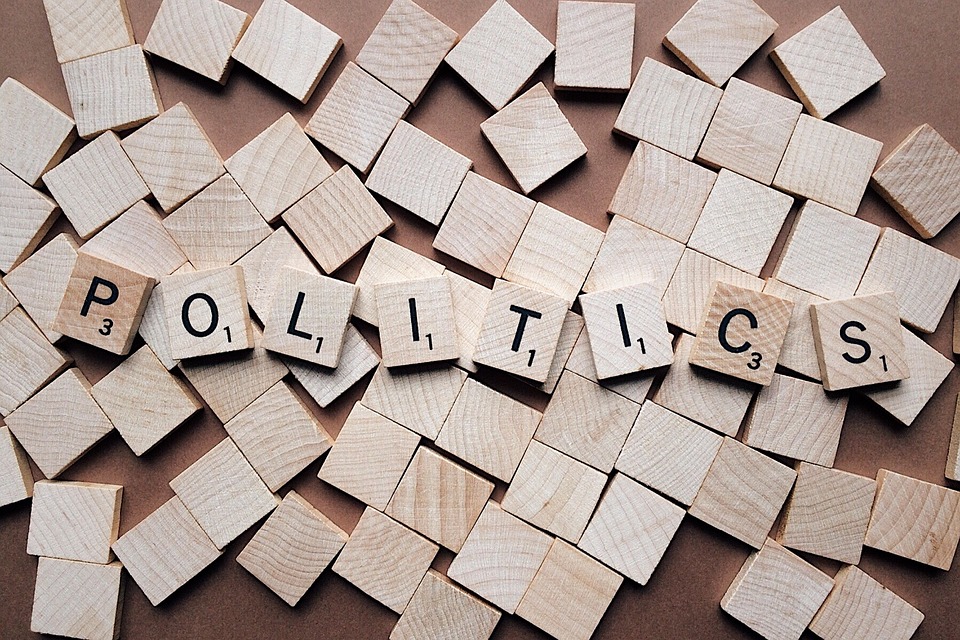The Evolution of the Political Landscape: A Historical Perspective
Politics has always played a significant role in shaping the course of history. From ancient civilizations to modern society, the political landscape has constantly evolved, reflecting changes in society, culture, and technology. A historical perspective allows us to understand how politics have evolved over time and the reasons behind these changes.
Ancient Civilizations
Ancient civilizations, such as the Mesopotamians, Egyptians, and Greeks, laid the foundation for modern political systems. These early societies relied on rulers, often monarchs or emperors, to maintain order and provide leadership. The concept of city-states and territorial boundaries started to emerge during this period, with political power often centralized in a ruling elite.
The Greeks, in particular, developed the concept of democracy in the city-state of Athens. Citizens would gather to debate and vote on important issues, paving the way for democratic governance. This development marked a significant shift in political power, as citizens were given more agency in decision-making processes.
The Middle Ages
During the Middle Ages, feudalism dominated the political landscape in Europe. Feudal lords held power over land and resources, with a hierarchical system of vassals and serfs supporting them. Monarchs ruled over kingdoms, often relying on the support of feudal lords to maintain control.
The Catholic Church also played a significant role in politics during this period, with the Pope wielding considerable influence over European monarchs. The Church was often involved in political decision-making, shaping policies and conflicts across the continent.
The Age of Enlightenment
The Age of Enlightenment marked a period of intellectual and philosophical awakening in Europe. Enlightenment thinkers, such as John Locke, Montesquieu, and Voltaire, promoted ideas of liberty, equality, and democracy. These ideas challenged traditional forms of political authority, advocating for individual rights and limitations on government power.
The American and French Revolutions were significant events during this period, leading to the establishment of democratic republics in both countries. The United States adopted a constitution that emphasized separation of powers, checks and balances, and individual liberties. France overthrew its monarchy in favor of a republic, advocating for principles of liberty, equality, and fraternity.
Industrial Revolution
The Industrial Revolution brought about significant changes to the political landscape, as industrialization transformed economies and societies. The rise of capitalism led to the emergence of powerful industrialists and business magnates, who wielded significant influence over governments and policies.
Labor movements also gained momentum during this period, advocating for worker rights and protections. The rise of socialism and communism challenged traditional capitalist systems, promoting ideas of social equality and redistribution of wealth. Political parties formed around these ideologies, shaping the direction of government policies.
20th Century and Beyond
The 20th century saw significant geopolitical changes, with two world wars and the Cold War shaping global politics. The League of Nations was formed in the aftermath of World War I, as an attempt to prevent future conflicts through international cooperation. The United Nations was established after World War II, with a mission to promote peace, security, and cooperation among nations.
The Cold War divided the world into two ideological camps, with the United States and NATO allies facing off against the Soviet Union and its communist bloc. The threat of nuclear warfare loomed large, shaping global politics and security strategies. The fall of the Berlin Wall in 1989 marked the end of the Cold War era, leading to the reunification of Germany and the dissolution of the Soviet Union.
Conclusion
The evolution of the political landscape has been shaped by a myriad of factors, including historical events, ideologies, and technological advancements. From ancient civilizations to modern society, politics has played a crucial role in shaping the course of history and determining the fate of nations.
By understanding the historical perspective of political evolution, we can gain insights into the forces that have shaped our political systems and institutions. This knowledge allows us to navigate the complexities of the modern political landscape and work towards a more equitable and just society.
